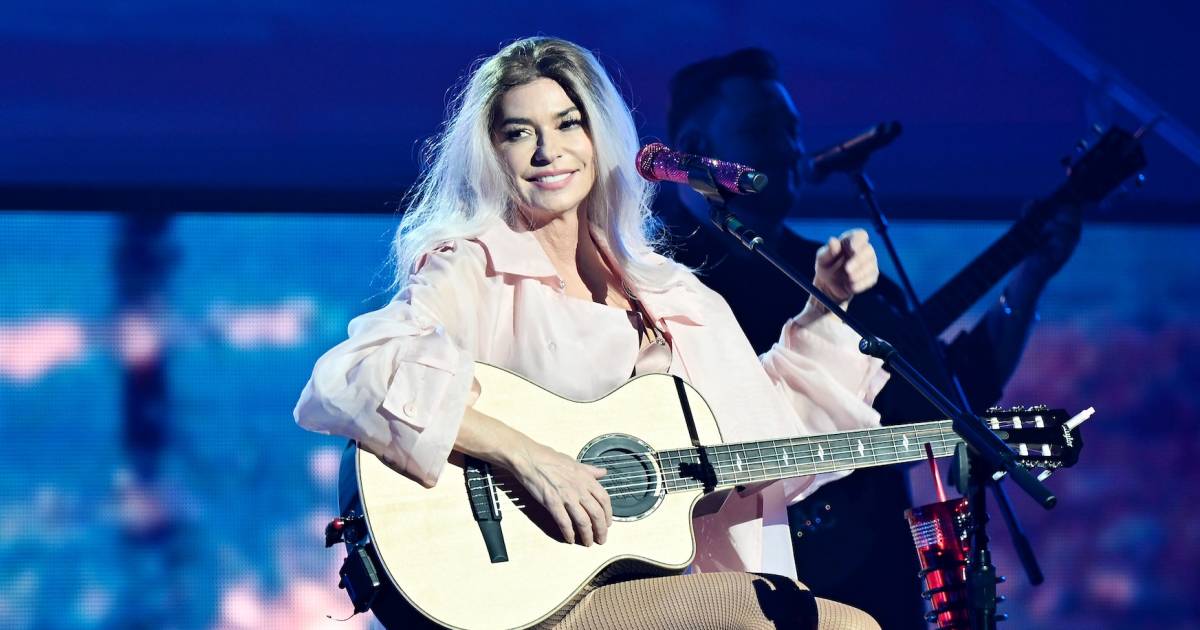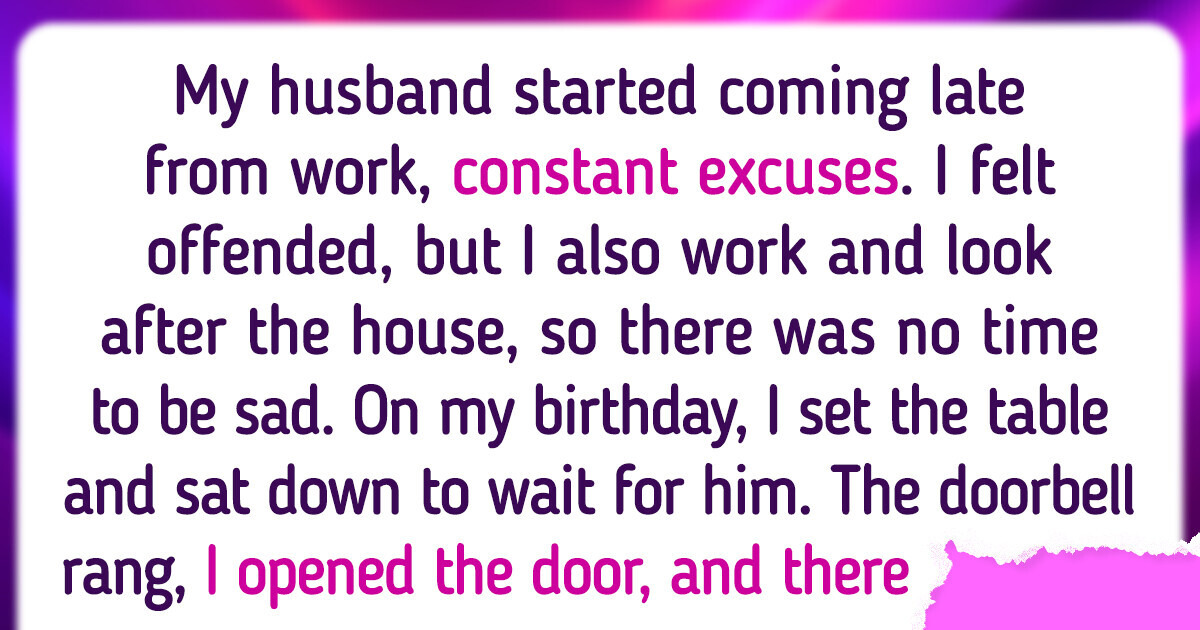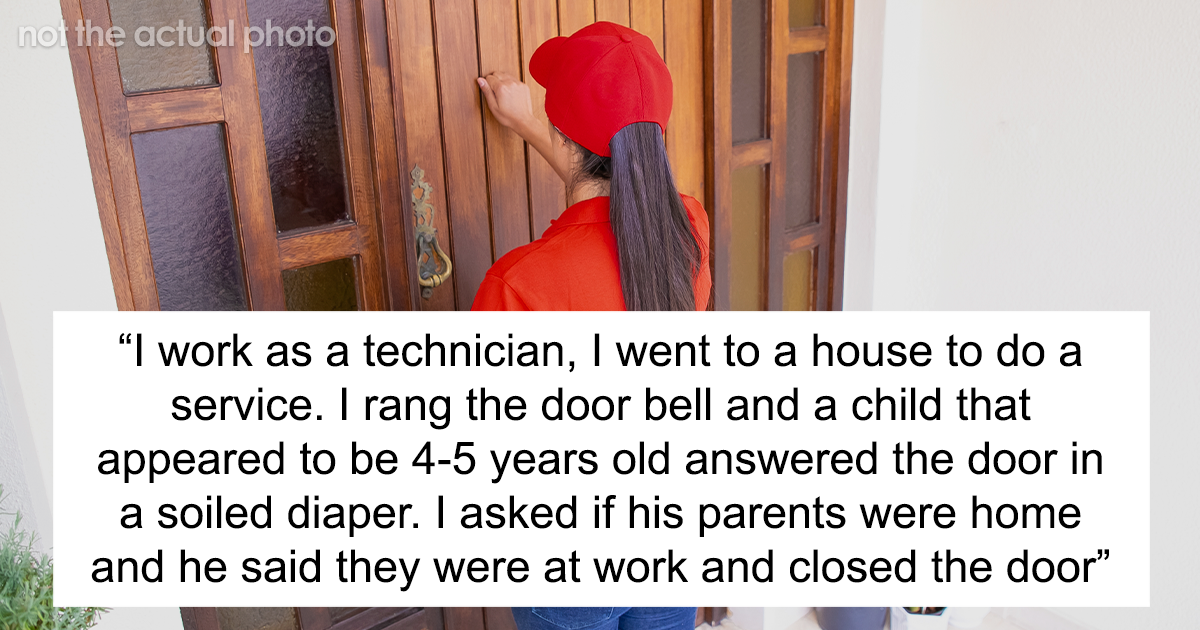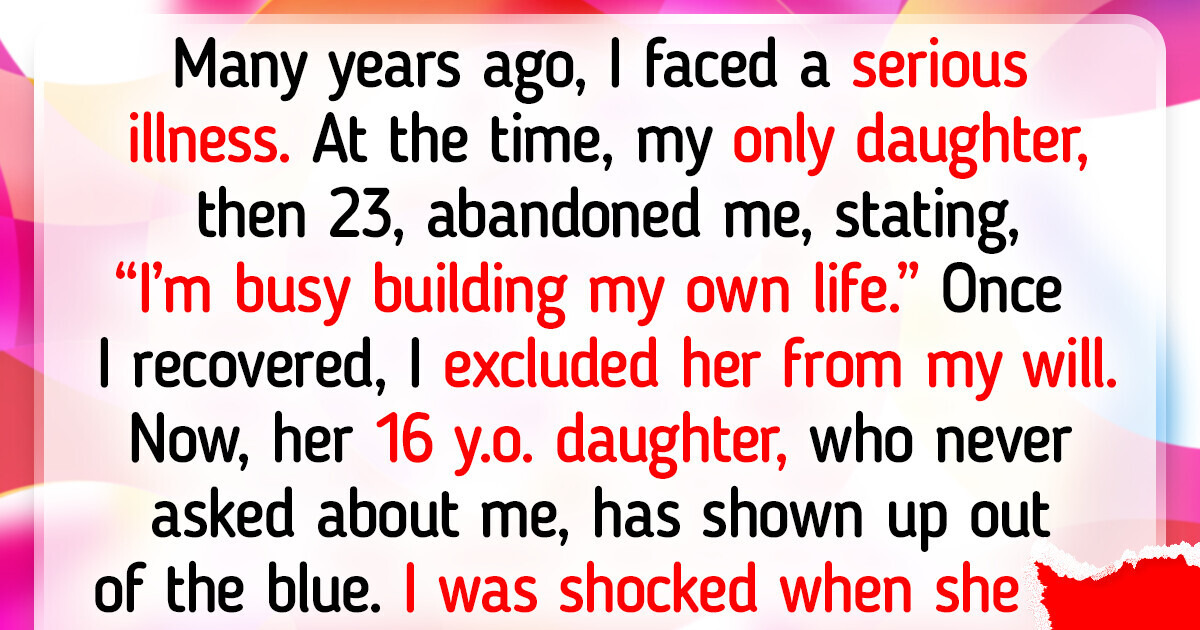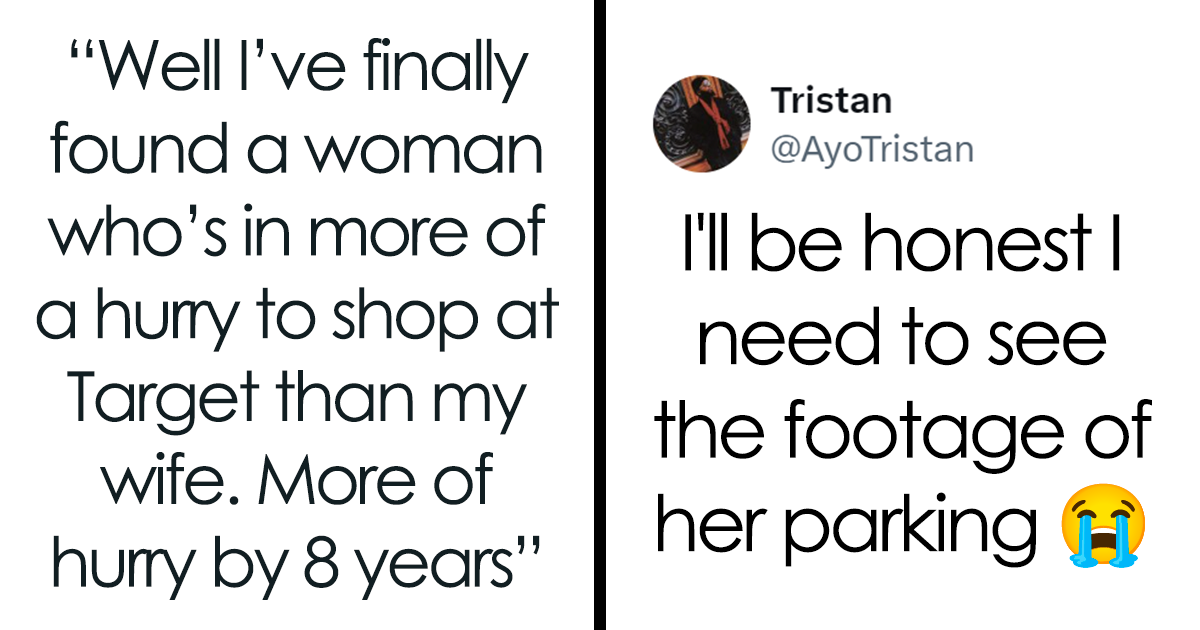Shania Twain Is Still the One at Her ‘Come on Over’ Las Vegas Residency
There is perhaps no universe in which Us Weekly would have a bad time at a Shania Twain concert, but still, the bar is exceedingly high. After all, this is a woman famous for riding a horse on stage during her first Las Vegas residency.
Alas, there are no live equines involved in her latest residency, Come on Over, but any disappointment that might cause passes as soon as Twain, 59, launches into one of her many ’90s earworms. Besides, who needs a real horse when you’ve got a horse-shaped motorcycle, a troupe of shirtless dancing cowboys and a backdrop called the Twain Town Saloon?
Twain begins the show with “Don’t Be Stupid (You Know I Love You)” from the smash 1997 album that gives the residency its name, then follows with a few lesser hits from 2002’s Up! and last year’s Queen of Me. None of these songs are bad, but they aren’t really “all the hits” promised in the show’s title.
That all changes about 20 minutes in when she starts “You’re Still the One,” the Come on Over ballad that’s been soundtracking weddings for more than 25 years. At this point, it becomes impossible to resist the spectacle — and to stop yourself from belting it out along with Twain, who seems to get more comfortable on stage as the night progresses.
From then on, it’s nothing but bangers till the grand finale: “No One Needs to Know,” “Any Man of Mine,” “That Don’t Impress Me Much,” “Whose Bed Have Your Boots Been Under?” and so on. One particular highlight was “Honey, I’m Home,” a Come on Over single that’s not quite as well-known as the bigger hits but still packs a punch nearly 30 years after its release.
Twain begins the song a cappella, singing along with her acoustic guitar while perched on the bar of the aforementioned Twain Town Saloon set. Maybe it was just the high of getting a free T-shirt at the merch table (because we spent too much money), but the song really got Us thinking about Twain’s legacy. While few country music fans would deny that she’s a trailblazer, her contributions to the genre sometimes seem in danger of being overlooked. Her work has always had a feminist message, but — and she’s acknowledged this herself — she wasn’t always taken seriously because of the way she looked.
